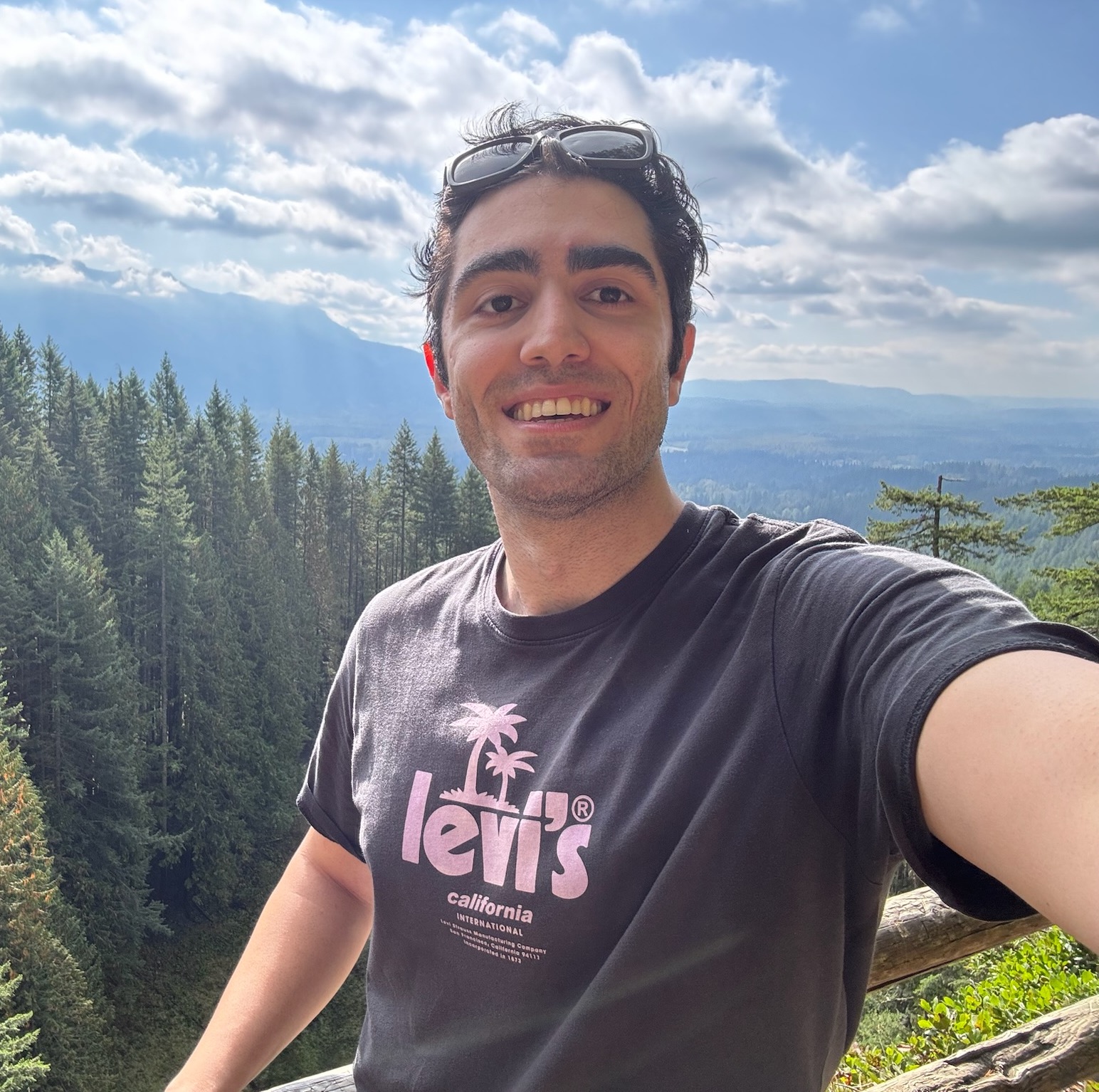About me
I am a fourth year PhD student in computer science at the The University of Washington, where I work with Hannaneh Hajishirzi and Ali Farhadi. My research spans pretraining, post-training, and benchmarking multi-modal large language models, specifically video language models. Prior to UW, I received my B.Sc. in computer engineering from Sharif University of Technology. I publish under my full name Mohammadreza, and go by Reza among my friends.
News
- [09/2024] Action Atlas accepted to NeurIPS 2024 D&B.
- [09/2024] Check out Molmo, our new vision language model!
- [05/2024] CLIP meets Model Zoo Experts: Pseudo-Supervision for Visual Enhancement accepted to TMLR.
- [10/2023] Our paper CLIP meets Model Zoo Experts: Pseudo-Supervision for Visual Enhancement got accepted to UniReps Workshop at NeurIPS'23.
- [10/2023] SHARCS🦈 accepted to EMNLP'23 Findings.
- [09/2023] Our research proposal won the Microsoft Accelerate Foundation Models Research grant.
- [06/2023] Our team Sherlock AI won the first place prize ($20k+ worth of cloud and API credits) at AI Tinkerers Gen. AI hackathon and got featured on Cohere's blog.
- [05/2023] Our LLM powered gmail assistant won the first place in fixie.ai hackathon.
- [01/2023] Started my internship with the AIML team at Apple.
Publications
For the full list of publications please visit the publications page.
ActionAtlas: A VideoQA Benchmark for Domain-specialized Action Recognition
NeurIPS 2024 D&B
Molmo and PixMo: Open Weights and Open Data for State-of-the-Art Multimodal Models
CLIP meets Model Zoo Experts: Pseudo-Supervision for Visual Enhancement
TMLR'24
SHARCS: Efficient Transformers through Routing with Dynamic Width Sub-networks
EMNLP'23 Findings
Attentional Mixtures of Soft Prompt Tuning for Parameter-efficient Multi-task Knowledge Sharing
EMNLP'22
MERLOT Reserve: Multimodal Neural Script Knowledge through Vision and Language and Sound
CVPR'22
Paraphrase Generation by Learning How to Edit from Samples
ACL'2020
